In "Unspoken Sermons, Series I., II., and III," George MacDonald presents a profound exploration of Christian spirituality through a series of meditative discourses. Reflecting a unique blend of poetic elegance and theological depth, these sermons transcend traditional expository preaching. MacDonald skillfully marries metaphor and storytelling, inviting readers into a contemplative engagement with the teachings of Christ. The themes of love, redemption, and the nature of divinity resonate throughout, challenging the reader to internalize and relate to the divine in personal and transformative ways, situating the work within the Victorian context that questioned both faith and reason. George MacDonald, a luminary of the Victorian literary landscape, was deeply influenced by his experiences as a pastor and his friendships with contemporaries such as Lewis Carroll and Mark Twain. His innovative approach to faith and literature was inspired by his own struggles with the limitations of conventional theology. MacDonald's belief in the power of imagination and the written word as vehicles for spiritual truth is evident throughout this collection, granting him a unique voice in the canon of Christian literature. "Unspoken Sermons" is an essential read for anyone seeking a deeper understanding of spiritual truths beyond mere doctrine. Readers will find within its pages a wealth of wisdom that invites reflection and conversation, making it a valuable resource for both personal growth and scholarly examination. MacDonald's ability to convey profound insights with warmth and accessibility ensures that this work remains relevant in contemporary discussions on faith and spirituality.
Dieser Download kann aus rechtlichen Gründen nur mit Rechnungsadresse in A, B, BG, CY, CZ, D, DK, EW, E, FIN, F, GR, H, IRL, I, LT, L, LR, M, NL, PL, P, R, S, SLO, SK ausgeliefert werden.
Hinweis: Dieser Artikel kann nur an eine deutsche Lieferadresse ausgeliefert werden.

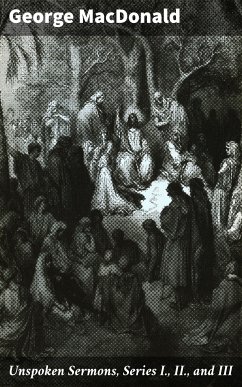


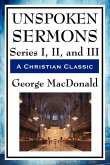
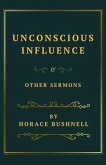
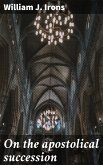
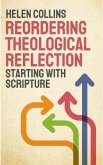

![Apocalypse A Series of Special lectures on the Revelation of Jesus Christ Vol. III [Revised Text] (eBook, ePUB) Apocalypse A Series of Special lectures on the Revelation of Jesus Christ Vol. III [Revised Text] (eBook, ePUB)](https://bilder.buecher.de/produkte/72/72478/72478621m.jpg)